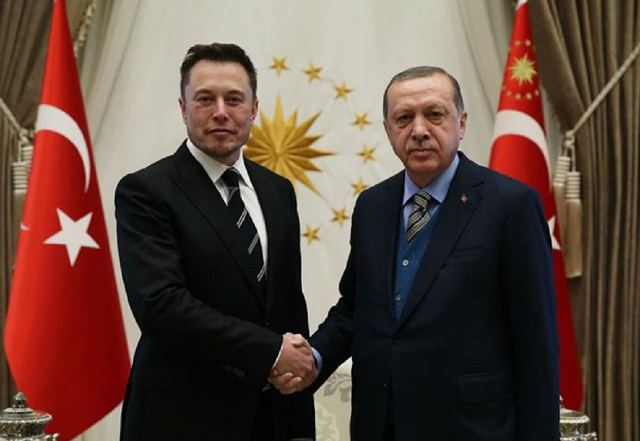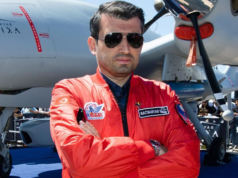
Istanbul – The founder of the renowned Turkish defense company Baykar, Selçuk Bayraktar, has announced the establishment of a satellite network.
“Everything is ready. We will send a team of satellites into low orbit. Two of them are ready. The target is 100 satellites,” Bayraktar told the TRT haber TV station. A global positioning system is to be created.
“A global positioning system is very important and strategic for our sovereignty.”
In a live broadcast by TRT Haber, Bayraktar explained the details of the project being carried out by Fergani Space Company, which belongs to Baykar.
Bayraktar emphasized that the project is being carried out within the framework of the National Space Program.
The feeling that we can’t do it has disappeared. Now the discussion is about how we can make it, how we can take a leading role in the world.
Musk’s gigantic Starlink project
Starlink is known as the satellite constellation system designed to provide global internet coverage. Starlink, an initiative of Elon Musk’s SpaceX company, consists of satellites in low Earth orbit designed to provide high-speed internet services.
With 6697 Starlink satellites in Earth orbit (as of July 2024), SpaceX is by far the world’s largest satellite operator. In total, SpaceX has permits for the launch of a maximum of 19,427 satellites and applications for up to another 22,488 satellites.
Mit 6697 Starlink-Satelliten im Erdorbit (Stand Juli 2024) ist SpaceX weltweit der mit Abstand größte Satellitenbetreiber. Insgesamt bestehen Genehmigungen für den Start von maximal 19.427 Satelliten sowie Anträge von SpaceX für nochmals bis zu 22.488 Satelliten.
Starlink’e Türk rakip geliyor! Baykar Yönetim Kurulu Başkanı Selçuk Bayraktar: Her şey hazır https://t.co/L0TF38Xzoa
— Star Bilim-Teknoloji (@TeknolojiStar) September 16, 2024































































